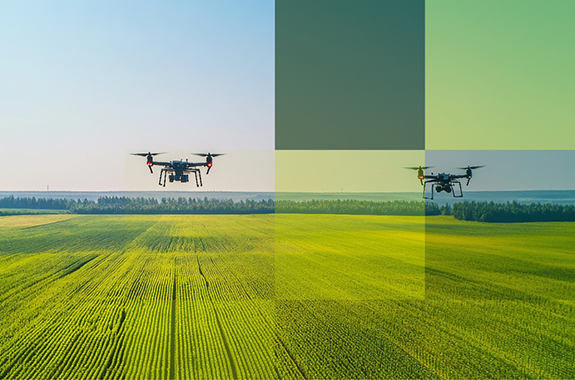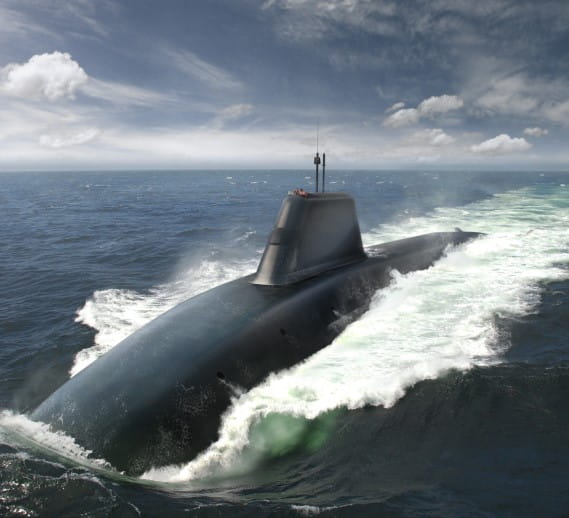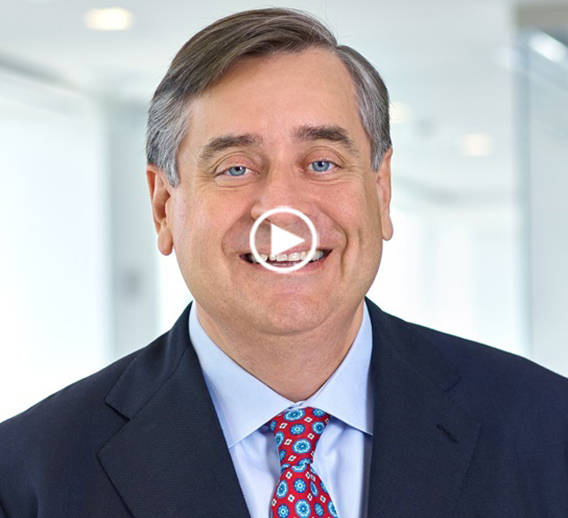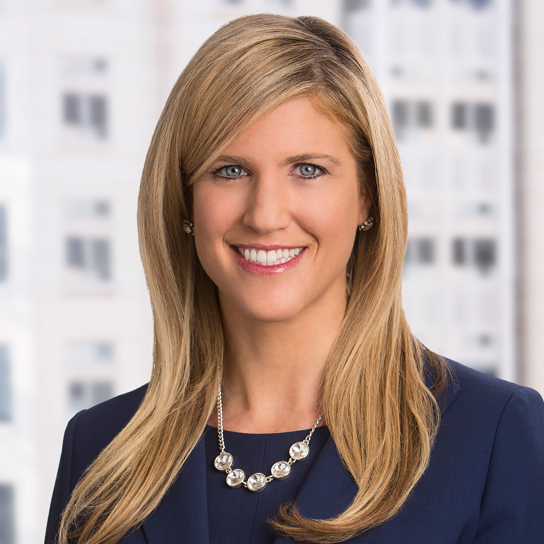
How Matternet’s drone delivery system achieved an industry first regulatory certification
Winning FAA type certification for its M2 drone was a victory for Matternet — and a milestone in helping the US drone industry to scale.
California-based drone manufacturer Matternet is on a mission to revolutionize how goods are transported, by developing groundbreaking commercial uncrewed aircraft system (UAS or drone) delivery systems. As an early mover in the drone delivery market, Matternet partnered with UPS in 2019 to launch an innovative service that delivers medical samples using uncrewed drones across a hospital system in North Carolina. Overseen by the Federal Aviation Administration (FAA), the program was an initial small step in establishing a new mode of on-demand transportation.
But to make an even bigger leap toward scaling commercial drone operations in the United States, Matternet needed to achieve FAA type certification approval for its M2 aircraft design.
FAA type certification signifies that a drone’s design complies with applicable standards for airworthiness, noise, fuel venting, and exhaust emissions. The process for receiving type certification is rigorous and can take several years. But because drones are such new and quickly evolving technologies, a roadmap for achieving type certification did not exist.
Matternet’s four-rotor M2 delivery drone is designed to carry payloads of up to 4.4 pounds (2 kilograms) as far as 12.4 miles (20 kilometers) over both urban and suburban environments. Over the course of four years, the FAA reviewed the M2’s design and its component parts, including propellers, engines, and control stations. The process also reviewed how the M2 was tested in a wide variety of conditions over thousands of flights.
In September 2022, the FAA granted the M2 UAS a standard type certificate—a first for a nonmilitary commercial drone. Matternet is now well positioned to scale its commercial drone operations. Now that the FAA has done this successfully once, future type certification approvals should become a more streamlined and predictable regulatory process for the industry as a whole. The approval also indicates a maturing of the industry and a shift away from exemptions and waivers toward more standard regulation.
But to make an even bigger leap toward scaling commercial drone operations in the United States, Matternet needed to achieve FAA type certification approval for its M2 aircraft design.
FAA type certification signifies that a drone’s design complies with applicable standards for airworthiness, noise, fuel venting, and exhaust emissions. The process for receiving type certification is rigorous and can take several years. But because drones are such new and quickly evolving technologies, a roadmap for achieving type certification did not exist.
Solution
To help navigate the FAA type certification process, Matternet turned to Hogan Lovells for advice. Government policy for commercial drones has struggled to keep pace with rapid advancements in technology. Hogan Lovells tapped its deep UAS knowledge and experience, assisting Matternet to meet regulatory requirements while setting precedent for the industry, and remaining focused on the company’s bigger business objectives.Matternet’s four-rotor M2 delivery drone is designed to carry payloads of up to 4.4 pounds (2 kilograms) as far as 12.4 miles (20 kilometers) over both urban and suburban environments. Over the course of four years, the FAA reviewed the M2’s design and its component parts, including propellers, engines, and control stations. The process also reviewed how the M2 was tested in a wide variety of conditions over thousands of flights.
In September 2022, the FAA granted the M2 UAS a standard type certificate—a first for a nonmilitary commercial drone. Matternet is now well positioned to scale its commercial drone operations. Now that the FAA has done this successfully once, future type certification approvals should become a more streamlined and predictable regulatory process for the industry as a whole. The approval also indicates a maturing of the industry and a shift away from exemptions and waivers toward more standard regulation.
Outcome
“We are incredibly proud that Matternet M2 has met the very rigorous safety standards of the FAA,” said Andreas Raptopoulos, founder and CEO of Matternet. “Drone delivery will revolutionize healthcare and e-commerce in the United States. We are grateful for Hogan Lovells’ support in this process.”
1st
FAA standard type certificate for a drone
4 years
of review by the FAA
More of our case studies

Advancing healthcare innovation in the U.S. with the AI Healthcare Coalition

Navigating regulatory complexity to deliver landmark deepwater port approvals
Energy

Securing a decisive US$3 billion win for PrivatBank in landmark fraud case
Disputes

Guiding the digital transformation of Hong Kong’s pension fund landscape
Regulatory

Advising the Government of Ukraine in a landmark mineral rights agreement with the U.S.
Corporate & Finance

Fueling global expansion for sports and talent giant GSE Worldwide

Advancing healthcare innovation in the U.S. with the AI Healthcare Coalition
Regulatory

Defending Berlin Packaging in pivotal USITC trade victory
Regulatory

Pioneering fusion: Guiding Helion in world’s first fusion power purchase agreement with Microsoft
Energy

Restoring rail access for ORLEN in the Baltics
Regulatory

A defining play in global football investment: Presidio’s acquisition of Hellas Verona FC
Sports, Media and Entertainment

Executing the largest defence contract in UK history with Rolls-Royce Submarines
Corporate & Finance

Transforming Africa's mining and infrastructure landscape
Energy
.jpg)
Granting victims of human trafficking access to compensation
Pro bono

Powering a sustainable future with major clean energy projects
Energy

Helping Drinkwell bring safe water to people across South Asia
Pro bono

Meet our CEO, Miguel Zaldivar




